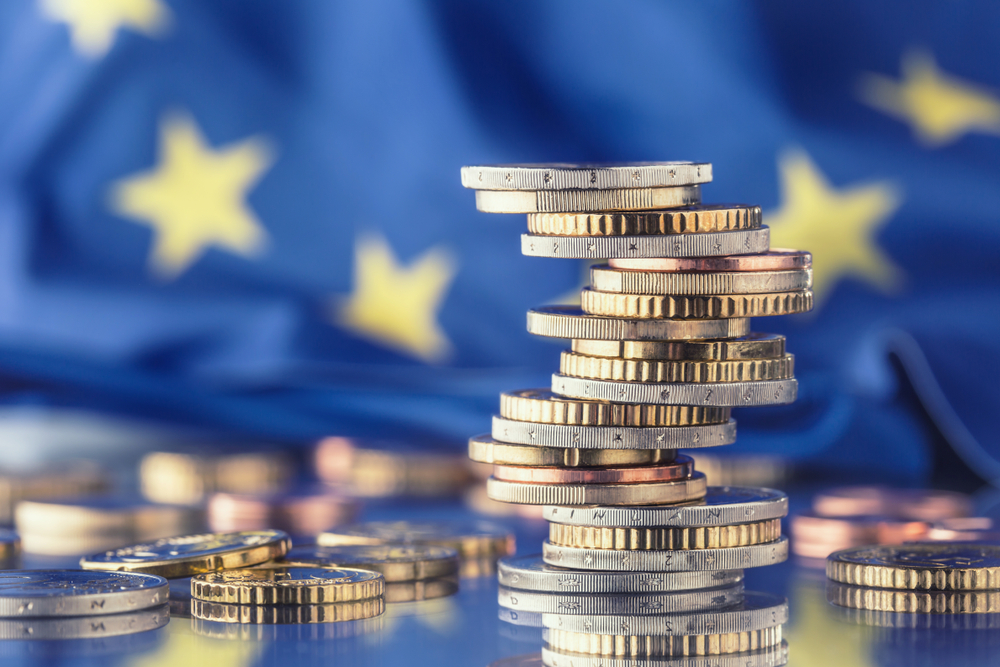The EU’s premier research and innovation programme, Horizon Europe, is yielding impressive returns just halfway through its seven-year run.
According to the European Commission’s interim evaluation, the Horizon Europe programme is expected to deliver substantial long-term benefits, returning up to €6 in societal value and as much as €11 in GDP growth for every euro invested by 2045.
Ekaterina Zaharieva, Commissioner for Start-ups, Research and Innovation, commented: “Horizon Europe is delivering on its promise to drive innovation and strengthen Europe’s competitiveness.
“Its strong returns and measurable economic impact clearly demonstrate its success, providing real benefits to citizens across the EU.
“We must continue to push for greater impact and ensure that Europe leads in research and innovation.
“Our commitment is to make EU research and innovation funding simpler, more focused and even more transformative.”
Driving innovation and economic growth
With a €93.5bn budget, Horizon Europe is positioned at the core of the EU’s strategy to boost competitiveness and sustainability.
By early 2025, over 15,000 projects have already been funded, representing more than €43bn in investments.
These initiatives range from deploying hydrogen-powered buses in European cities to developing life-saving antibiotics and accessible artificial intelligence tools for researchers.
The programme’s economic impact is significant: innovative companies supported through the European Innovation Council (EIC) Fund have successfully attracted over triple the EU’s investment from private backers.
This public-private synergy marks a major milestone in fostering EU-based start-ups and scale-ups.
Advancing scientific excellence
Horizon Europe continues to elevate Europe’s status as a hub for groundbreaking research.
Approximately 80% of projects funded by the European Research Council (ERC) have led to major scientific breakthroughs.
Since the inception of EU research programmes in 1984, supported researchers have gone on to win 35 Nobel Prizes.
Bridging gaps across member states
One of Horizon Europe’s key achievements is increasing participation from lower-performing countries, known as “Widening” nations.
These countries now make up 58% of collaborative projects — a notable jump from 47% under the previous Horizon 2020 initiative, helping to build a more inclusive research landscape.
Simplifying Horizon Europe access and cutting red tape
The Commission has also introduced lump sum grants, which simplify funding procedures by eliminating complex financial reporting.
These grants are estimated to reduce administrative burdens by up to 30%, saving €63m to date, and are particularly beneficial for SMEs and new participants.
Insights from this evaluation will shape future Horizon Europe Work Programmes, with immediate steps planned to simplify applications, scale up innovation, and strengthen research collaboration.
New strategies like the upcoming Start-up and Scale-up Strategy and the European Innovation Act will further position the EU as a global leader in science and technology.
